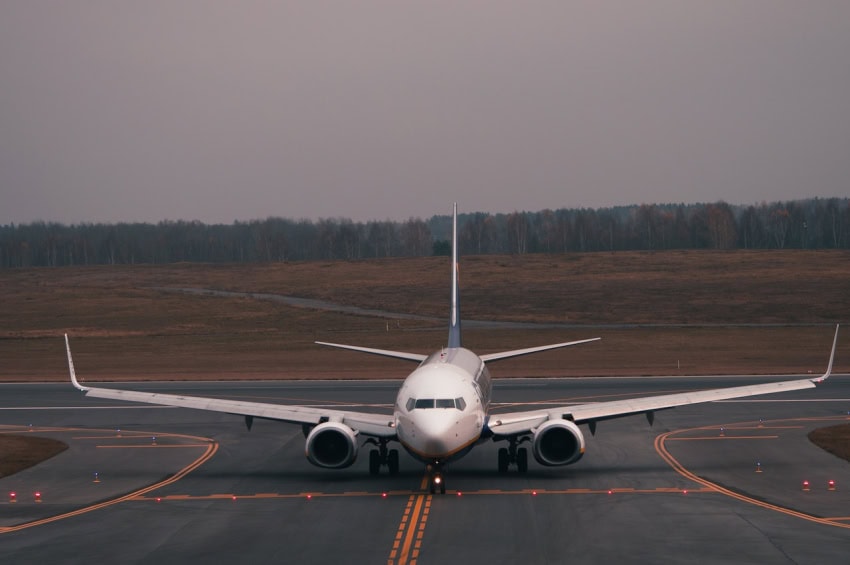ISLAMABAD – The economic crisis in Pakistan seems to be impacting foreign airlines as well as they are facing challenges repatriating their dollars against the sale of tickets.
Air carriers sell tickets in local currency but then they need to repatriate dollars to pay for expenses such as fuel and maintenance charges and certainly a delay in the process dents their financial balance.
As far as Pakistan is concerned, the volume of dollars withheld has spiked to $290 million as of January, the Financial Times reported.
Such a practice has led a global airline industry body ‘International Air Transport Association’ to warn that Pakistan has become ‘very challenging’ to serve with flights who are now seriously considering options to serve other routes.
The reason for Pakistan to be holding the foreign currency is its balance of payments crisis. The foreign exchange reserves in the central bank of the country have nosedived sharply in recent months.
The economic turmoil has impaired giant firms as well who are unable to import raw materials, with observers raising eyebrows that the country is at risk of default.
The economic crisis has moved Pakistan to become the second-largest amount of foreign currency holder from airlines globally, just after Nigeria.
Commenting on the situation, Philip Goh, the IATA’s Asia-Pacific head, said airlines are facing long delays before they are able to repatriate their funds and some of them have funds stuck in Pakistan from sales in 2022.
The closure of Virgin Atlantic is also being attributed to repatriating funds but some say the route was not feasible from commercial aspect.
“If conditions persist that make the economics of operation to a country unsustainable, one would expect airlines to put their valued aircraft assets to better use elsewhere,” Goh added.
Apart from Pakistan, airlines are also struggling to repatriate funds from debt-ridden Sri Lanka and Bangladesh.
Despite encouragement by Pakistan’s senate committee to resume operations, foreign airlines seem reluctant in the current situation.
Statistics by aviation analytics company Cirium suggest that the total flights scheduled for March 2023 were less than the same month in 2019, when the Covid-19 had not disrupted routine operation. The data confirms that Emirates flights were down 24 percent, while those of Saudi state carrier Saudia dropped by 17 percent.
Pakistan is also engaging the International Monetary Fund to receive some financial support to shore up its resources; however, despite increasing the tariff for utilities, the negotiations have not been successful till now.













